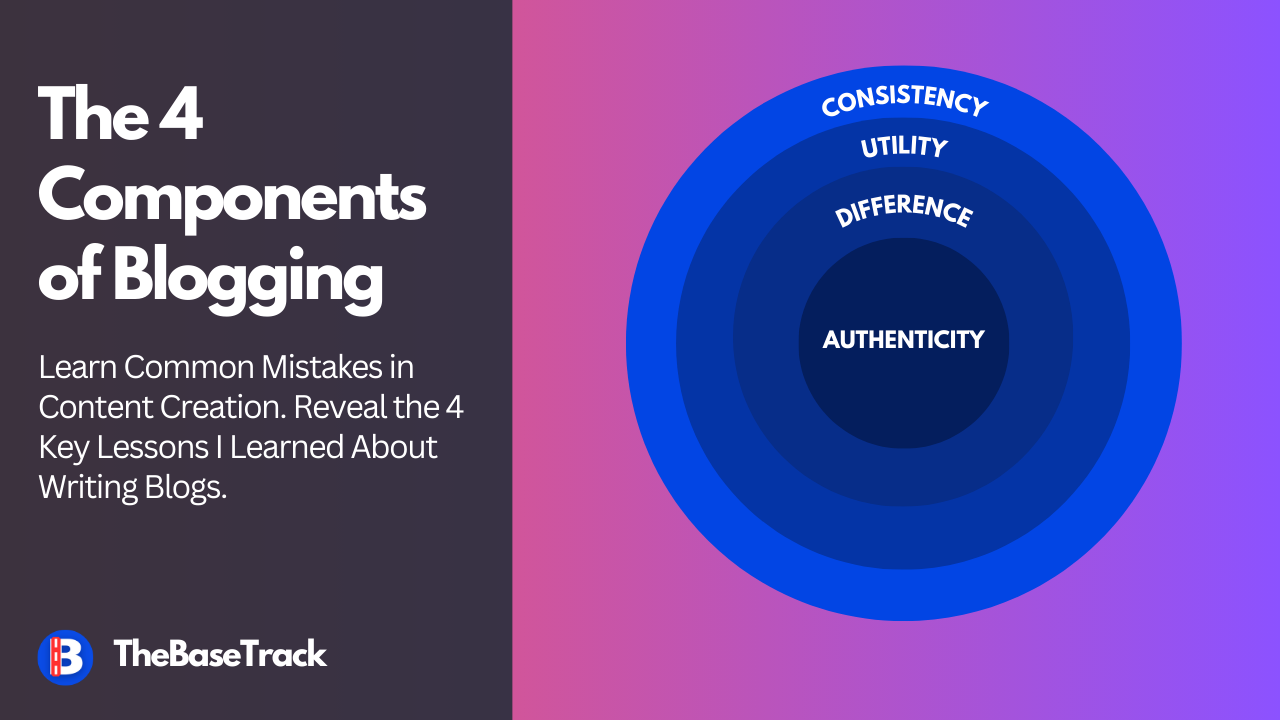The 4 Components of Blogging - What I learned about writing blogs

"Why do you write?" - one of my friends asked. At the time, that question took me a while to answer:
- maybe I write for fame?
- maybe I write for personal expression?
- maybe I write to share knowledge to other people?
- .. i can't just answer immediately
The first blog
My first piece of content was 4 years ago, sharing about what I learned during my internship at one of my previous companies (FYI the experience was enjoyable!)

I didn't know that the post would quickly gain a lot of traction (97 likes! 😱) - which is enormous for a university student for his first post.
Reasons.. in hindsight
I realized that the initial reason why I started writing blogs was simple: I wanted to share, period - I didn't think so much, I just did it. Maybe it is just easier done than said, ha!
What more interesting are benefits that are generated after I have already written a few blogs:
- A lot of people knew about me through my blog. I think that is how I get away with hiring in my last startup, a majority candidates who applied to the company has already read my blogs and can depict what it's like working here.
- I got to see my sharing's impact on other people. It's like building product and see how others react to it, either positively or negatively, it's a present to me. People shared with me that the blog have shaped their thinking and changed how they work and live their life.
- I made deep connection with other readers. One of my blog "Technology is about cutting cost" that I wrote a while ago caught a lot of attention from my readers - it helped initiate meaningful relationship and spark interesting discussion. Not because it sounds cool, or sophisticated, but because it was able to speak out a contrarian truth, that everyone feels it in their heart, but talking about this topic felt like a taboo at the time.
- Writing helps me build a list of principles for my everyday decision making process. Everything is much easier when you have a framework around. By writing down what works and what doesn't, I was able to make decision. Btw, daily journal without public posting would help too!
These are the reasons that eventually justifies my decision to write blogs earlier (only on hindsight!). Maybe sometimes you just need to follow "Just do it" mantra 😄
What makes a good piece of content?
What I share here is what works for me (so far) after practicing blogging and observing some of 50+ largest and successful media content creators:
- (1) Good contents are often very polarized and extremely specific. Despite that the world operates in the gray area, good content is either black or white, as if you must do this, or do that. For instance, when talking about startup topic, some might say "Just do it", some says "Think twice before doing", or "Don't listen to anyone if you do startup". Everyone has their points, but the fact is that specificity allows the reader to focus on what really important.
- This also means that, in media, being open-mindedly opinionated > being diplomatically indifferent.
- (2) Reliability = the author's experience. Good content should came authors that have skin-in-the-game in the subject matter - it's more believable to learn from people with experience than those who don't.
- The biggest lesson I learned from building my last podcast (VietNEXT) is that: when people in a crisis for advice, they often wants to hear from experienced leaders, in order to learn how they navigate these uncertainties from ones that have first-hand experience.
Common mistakes
I may not have big readers base like others but I can confidently tell that I have a knack for writing. It's not because I was born a talented writer - it's because writing drives my energy that pushed me to write ... the first few pieces of bad content, which can then add in a lot of lessons for my later content.
The more I write, the more I receive more and more feedbacks that helps me learn that what makes a piece content suck (and what doesn't).
As I collected and summarized all the feedbacks, I found that there are 4 four types of feedback:




